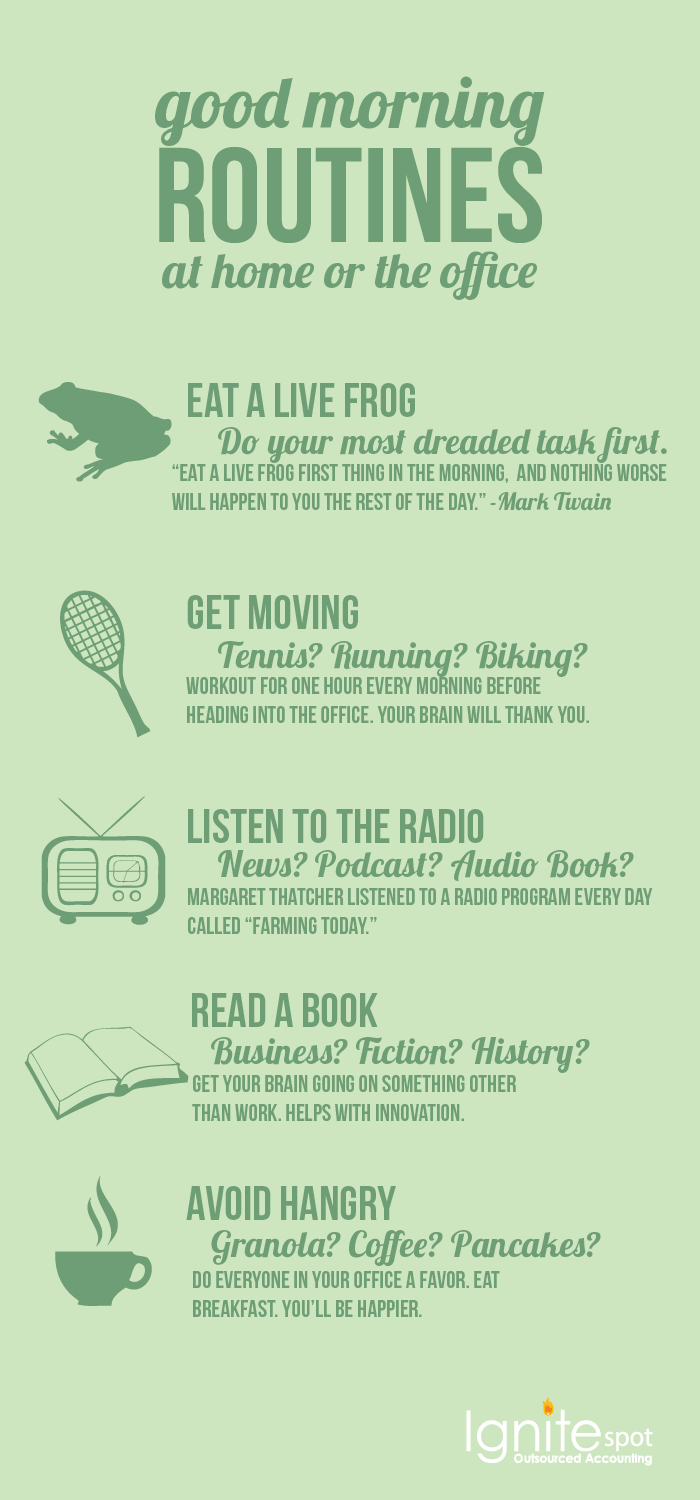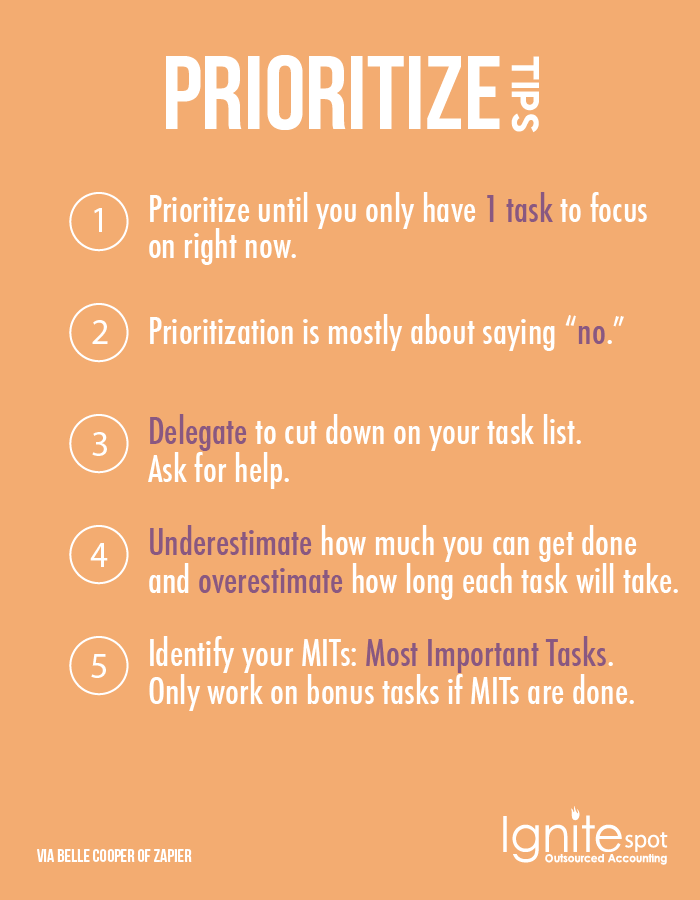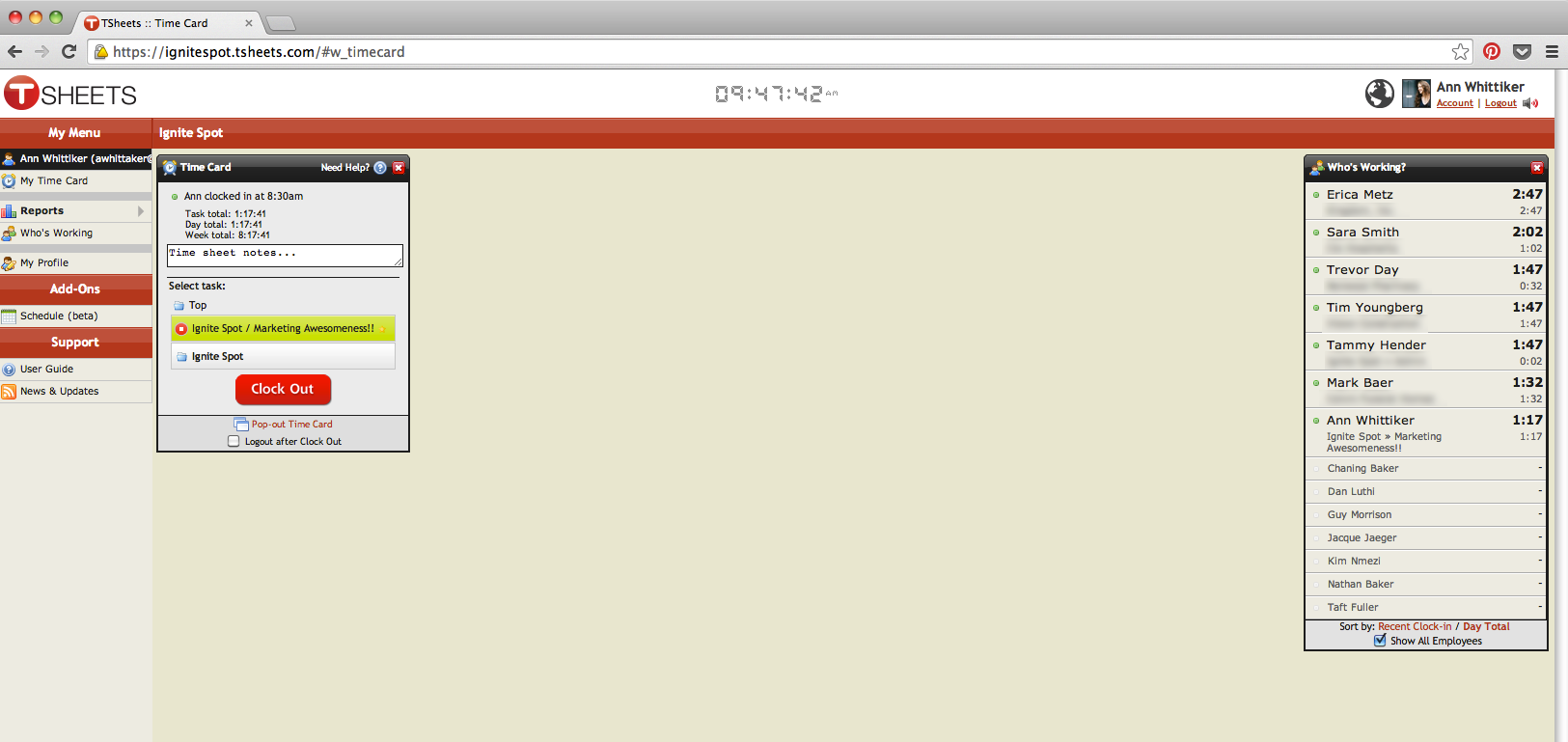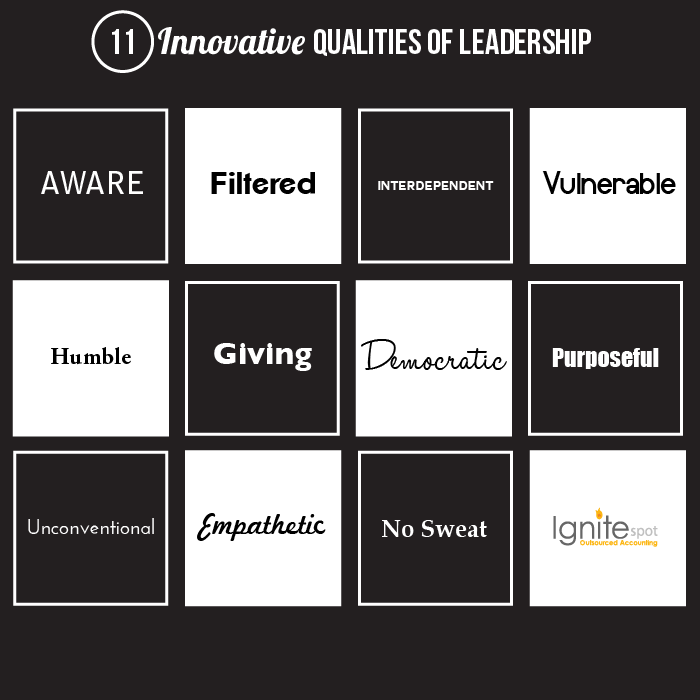
Calendars and spreadsheets are the best thing that ever happened to me. I love making a list, planning out my day, week and month. I love the magic of spreadsheets and equations. I pat myself on the back for being so awesomely organized--especially when I can check everything off my to-do list for the day...
Which means, when I don’t check everything off my to-do list I feel a bit like a failure. You know what I mean? Why do we over-plan, expect perfection and kill ourselves to impress our peers and employees with our extra-super-powerful-ninja-time-management skills? I sort of need a daily reminder that multitasking is a myth, less is more and that busy is my worst enemy--not a trophy to display at social gatherings.
As an outsourced accounting firm, we really do know that time is money. Here’s 4 leadership strategies we’ve found that work for us and other companies to maximize their productivity in a way that translates to profitability.
#1 - Have a Morning Warm-Up Routine

Most experts and real people agree that a good morning routine does not start with checking email. You’ll get sucked in to a whirlwind of managing this and that problem for this and that person.
Taking time to warm-up is worth the investment. Stephanie Brown, a psychologist in Silicon Valley argues that
There’s a widespread belief that thinking and feeling will only slow you down and get in your way, but it’s the opposite.
Give yourself ten minutes at the beginning of every work day to assess how you’re feeling, and how you want to feel at the end of the work day. Stressed? Overloaded? Confident? Challenged? Invigorated? Satisfied? Successful? What do you need to do to feel how you want to feel by the end of the day? Taking time to think about what you want from the day will help you prioritize your to-do list, and will help you deal with all the requests that are bound to come your way throughout the day.
Ron Friedman suggests asking yourself this question when you first sit down at your desk:
The day is over and I am leaving the office with a tremendous sense of accomplishment. What have I achieved?
He says that this question will help you distinguish between tasks that simply feel urgent from those that are truly important.
Here’s some of our favorite morning routines at home and in the office:

Lists aren't going away any time soon. And they're worth the time. Making a list helps you to prioritize what needs to get done today. We try to keep our list to no more than three tasks for each day. Here's some of our favorite tips for prioritizing your task list from Belle Cooper of Zapier.com:

#2 - Beware Workload Overload
It’s so easy to say “yes.” There’s so many great things to implement in your marketing strategies, management processes and sales tactics. Let’s do it all!
Or not.
Here’s some other phrases to use in place of an outright “yes” when thinking about taking on more work than is humanly possible:

#3 - Remember That Multitasking Is a Liar
Big sigh of relief, right? You don’t have to try to manage doing two things at once or alternating between multiple things within a short period of time. In fact, if you’re still multitasking, welcome to the 21st century where we’re going vintage to an era where doing one thing mindfully at a time is far more productive.
What is multitasking? A study published in the American Psychological Journal defines multitasking as:
When someone tries to perform two tasks simultaneously, switch from one task to another, or perform two or more tasks in rapid succession.
Another study conducted by the University of London found that
We lose as many as 10 IQ points when we allow our work to be interrupted by seemingly benign distractions like emails and text messages.
And checking your email throughout the day? A University of California-Irvine study showed that regaining our initial momentum following an interruption can take upwards of 20 minutes on average.
Give yourself three chunks of time throughout the day to address email. That way, you can get into the groove where you’ll actually get something done, and you don’t have to worry about missing an important email. If something is urgent people can call you, or come talk to you face to face--I know, it’s a novel idea to actually talk to someone face-to-face, especially if you telecommute.
#4 - Find Time-Tracking Software That Works For Your Company
I sat down to talk with our Process Manager, Chaning Baker, to pick her brain about why we use TSheets as accountants who have to keep detailed records of time spent on each client.
 Here's why Chaning loves TSheets:
Here's why Chaning loves TSheets:
- Adding new employees, customers, and users is incredibly user-friendly.
- Managers can have the option to allow users to edit their own time, or they can restrict users from editing their own time.
- Employees are more accountable and responsible when they know they can't edit their times.
- The clock widget automatically switches to a new client when you select them--you don't have to click "stop" before starting on the next client.
- The reports are easy to read and comprehensive.

Jordan Cohen observes that "time management" is a misnomer. In a Harvard Business Review blog post, Amy Gallo lists 4 myths about time management. She agrees with Cohen, that it's not about "managing your time." They compare time management to dieting. There's a difference between dieting and simply being healthy--it's a lifestyle. You could make list after list after list, trying to cut back, but until you really make a big lifestyle change, you're going to keep getting overloaded and burned out...and profitability will elude you.
Now get out there and do the work that matters.
References:
(2006, March 20) Multitasking: Switching Costs. American Psychological Association. Retrieved from https://www.apa.org/research/action/multitask.aspx on August 5, 2014.
(2014, July 30) Lee, Kevan. The Morning Routines of the Most Successful People. Fast Company. Retrieved on August 5, 2014 from http://www.fastcompany.com/3033652/work-smart/the-morning-routines-of-the-most-successful-people?partner=rss
(2014, July 29) Cooper, Belle. How To Ruthlessly Prioritize Your Task List To Get More Done. Zapier. Retrieved on August 5, 2014 from https://zapier.com/blog/prioritize-task-list-methods/
(2014, July 4) Friedman, Ron. The Cost of Continuously Checking Your Email. HBR Blog Network. Retrieved on August 5, 2014 from http://blogs.hbr.org/2014/07/the-cost-of-continuously-checking-email/
(2014, July 22) Gally, Amy. 4 Things You Thought Were True About Time Management. HBR Blog Network. Retrieved on August 5, 2014 from http://blogs.hbr.org/2014/07/4-things-you-thought-were-true-about-time-management/
(2014, July 25) Murphy, Kate. No Time to Think. The New York Times. Retrieved on August 5, 2014 from http://www.nytimes.com/2014/07/27/sunday-review/no-time-to-think.html?utm_source=pocket&utm_medium=email&utm_campaign=pockethits&_r=1
What To Read Next:
Qualities of Leadership: How Influential Are You?
Positive Leadership Needs Idle Hustlers














.png)


